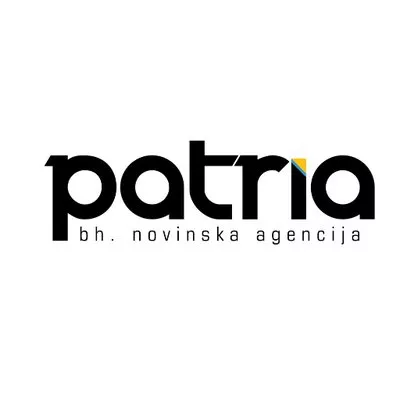
Aktuelno
Članak
Stolac on the main road to Herzeg-Bosnia: What Miro Kovac and Bozo Petrov do not know
Miro Kovac, the foreign minister of Republic Croatia and Bozo Petrov, the vice-president of the government of Croatia are coming to Stolac. Based on their statements prior to departure, it does not ap
.jpg.webp)
Miro Kovac, the foreign minister of Republic Croatia and Bozo Petrov, the vice-president of the government of Croatia are coming to Stolac. Based on their statements prior to departure, it does not appear to be a friendly visit.
The issue at stake are the endangered Croats of Stolac. Kovac and Petrov are coming to Stolac to look into the current situation there, worsened by the recent incident that deprived Stolac from its municipal elections.
They are coming to Stolac as if BiH does not have its own institutions, police, law enforcement agencies, its own judiciary. By this political move, Croatia has brought into question its thus far verbally correct relationship with BiH.
There is some kind of shameful background to this visit as Kovac and Petrov will have visited Stolac following a shocking, fascist and racist statement by Dragan Covic that Stolac is exclusively a Croat town.
Kovac and Petrov should recall the facts revealed by the UN monitoring mission and the world renowned journalists about Herzegovina and Stolac in the summer of 1993. In the wake of BH war, Stolac was populated by the Bosniak majority. So was Mostar yet it can't get to have its elections, for the second time in a row.
In 1993, the late Tadeusz Mazowiecki was the Special Rapporteur to the General Secretary of the UN from BiH. In his 4th periodical report, he wrote about horrid ethnic cleansing of the Bosniaks in Herzegovina that took place in the Spring and the Summer of 1993:
'The planned and bloody division of Mostar started in June 1993. Only on 14 and 15 June, several thousands of Muslims were expelled from the city's west coast and forced to cross the bridge under heavy artillery shooting by HVO. The same occurred in Stolac, Livno, Duvno, Listica...'
'The Croats of Mostar, who tried to protect their Muslim neighbors, were also expelled by HVO and forced to move over to the East part of Mostar', Tadeusz Mazowiecki said in his report to the UN General Secretary.
'The HVO soldiers besieged the apartment buildings, fired from machine guns, going from one apartment to another and shouting that they were looking for 'balijas' (derogatory term for Muslims). Muslim residents were besieged and their ID's burnt on the street', Mazowiecki described in his report, as a naked truth which opened the door to hell.
People without ID can be murdered without any punishment for murderers, as there are no victims if they do not have identity. We should remember mass killings in concentration camps such was the one in Mokronoge by Duvno (Tomislavgrad), where 9 Bosniaks were killed. 'Vecernji List' wrote about this crime on 12 August 1993, justifying it as an act of revenge.
A total of 1683 Bosniaks were arrested in Stolac, by being tricked and without one single bullet shot. Most of those men wore HVO uniforms. In early morning hours, while they were in the trenches or military barracks, or at their homes, their fellow soldiers, Croat neighbors came to arrest them. They were all thrown into concentration camps in Herzegovina.
Should Kovac and Petrov be reminded about 25,000 Bosniaks who served in the Croatian Army of Republic Croatia? 9,000 of them had never been to Croatia, yet they joined the Croatian Army. No less than 1,180 Bosniaks died defending Republic Croatia who 'returned the favor' by sending dozens of brigades to BiH, to support HVO fighting the war against the BH Army. Herzeg-Bosnia is a transitional 'great-power' project. Minister Kovac recently stated that Republic Croatia saved BiH. We shall talk some other time about his misconceptions.
Famous John Pomfret, long-time correspondent of 'Washington Post' was one of the journalists who witnessed wars in Bosnia, Rwanda, Sri Lanka, Iraq, and Afghanistan. He authored a number of articles about ethnic cleansing of Bosniaks in Herzegovina, warning in 1993 about the 'plan of ethnic cleansing of the Muslims of Herzegovina, which shocked the UN officials'.
In his article 'Bosnian Croats want to deport confined Muslims' published in Washington Post on 18 July 1993, Pomfret talks about 'the government of the Bosniak Croats, in cooperation with the government of the neighboring Croatia, is trying to ease deportation of those confined Muslims and their families, across Croatia to foreign countries. Bosnian Croats have already cleansed Muslim villages, but this is the first time that they are actually trying to expel all Muslims for the entire Bosnia and Herzegovina, with an active participation of their mentors in Croatia'.
'The Plan for deportation of Bosniaks Muslims from Herzegovina was presented before the UN officials by foreign minister Mate Granic in Makarska', John Pomfret wrote in Washington Post. Now we have Miro Kovac, the 7th or the 8th minister after Granic. Is he coming for identical reasons?
There was also a radical plan of Mate Boban, yet entirely brutal for Croats in BiH. His document states that 700,000 Croats are simply dispersed from the south in Neum to Sava in the north, and that they should be territorialized, consolidated into one compact territory.
In an interview for Croatian 'Globus', on 21 January 1994, Josip Manolic said: 'Mate Boban was calling Croats to move out of Central Bosnia and go to the islands or Istra.'
In his book 'Genocide in Bosnia', Norman Cigar revealed: 'Boban came in person to radio programs, trying to convince Croats in Bosnia to leave their homes in Central Bosnia and to move to coastal region of Dalmatia and Istra.'
Any way we look at this, Boban's plan succeeded and one indigenous people of Bosnia, which through the history cared loyally for the country and belonged to it with all its heart, is withdrawing and putting up fences in several municipalities of Western Herzegovina.
Therefore, Kovac and Petrov have to know that the politics of then Croatia was the sponsor and mentor of the ethnic cleansing of Bosniak Muslims from Herzegovina, including Stolac. What will happen with their political figures in the case of moral breakdown, is also a question. The HDZ Croatia leader, Andrej Plenkovic will not be with them. The explanation may lie in the fact that Plenkovic has advocated for a long time for federalization of BiH. That way, he would verify Boban's primitive political and nationalistic goals. That's why Stolac is important: It stands on the main road to Herzeg-Bosnia.
#English
Najnovije
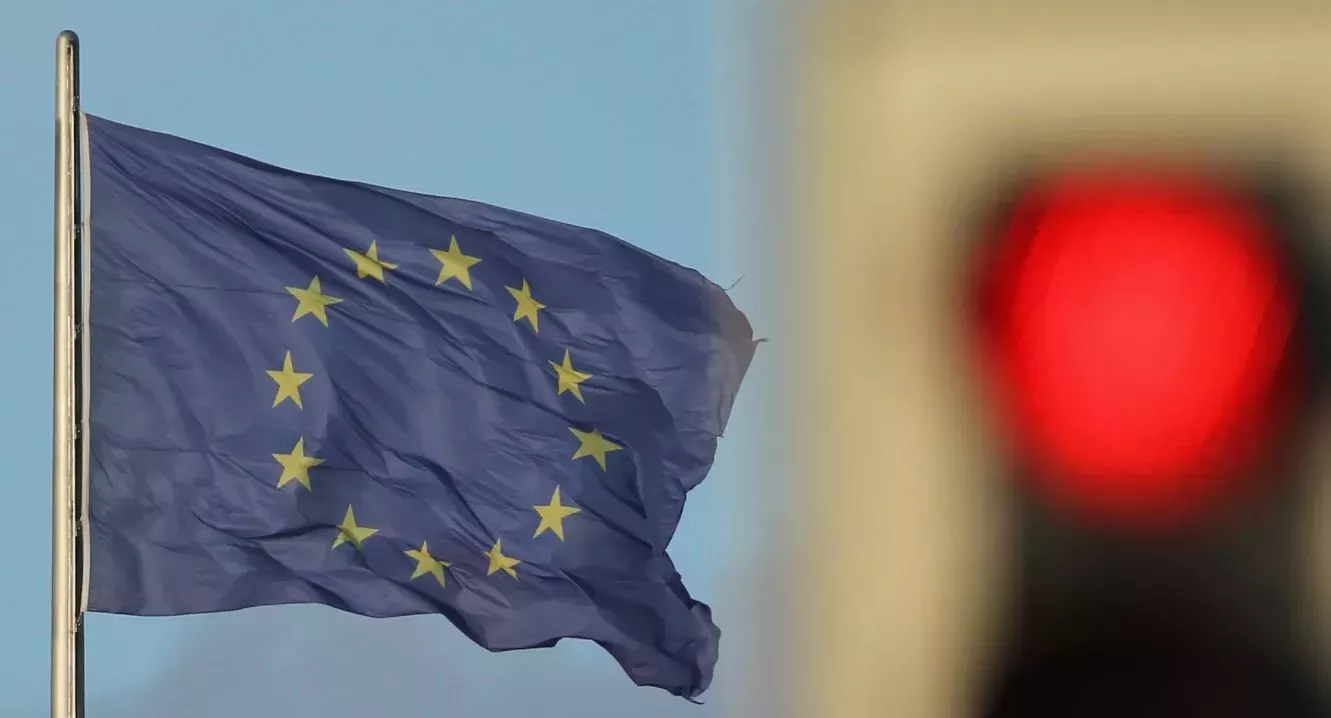
Brisel bez snage: Ako EU ne može obuzdati Mađarsku, kako će zaštititi BiH od Hrvatske?
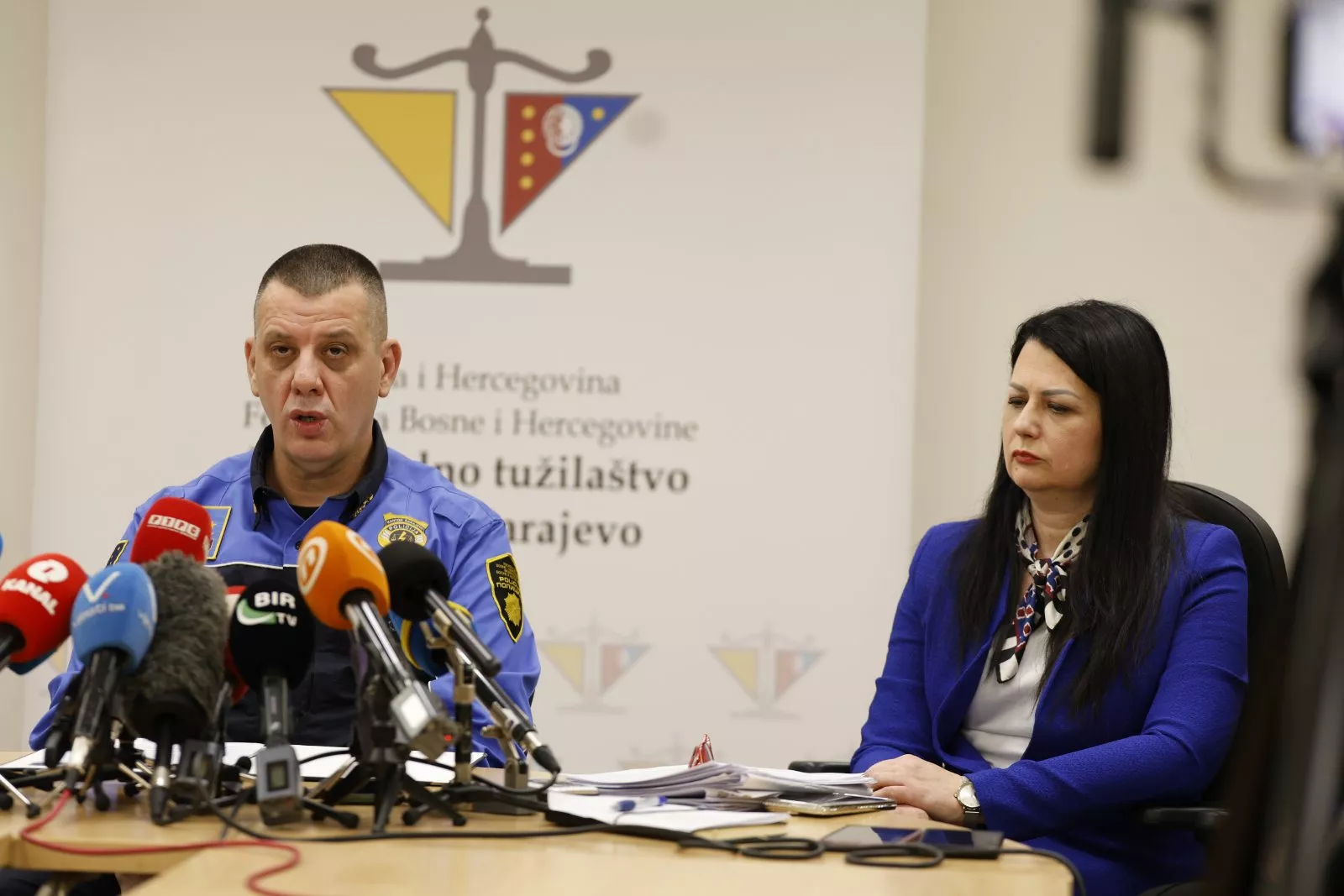
Javnost je očekivala odgovore, a Tužilaštvo i MUP KS su ih izgubili kada je pala podvala ‘vozač je kriv’!
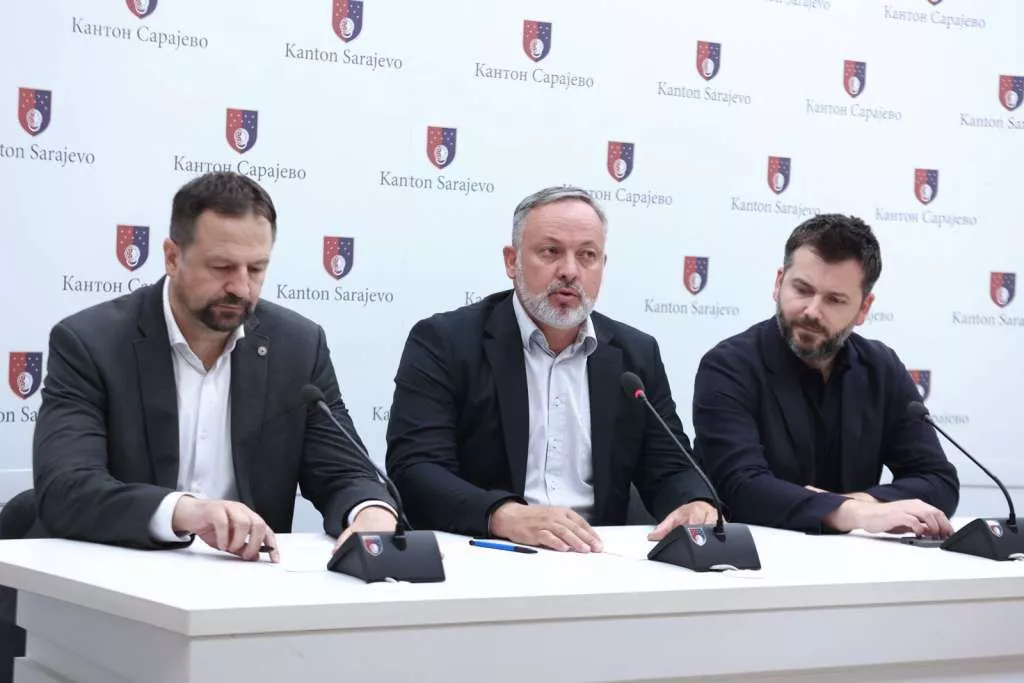
SDA, SBiH i DF: Trojka priprema prevaru građana, namjera joj je da Vlada KS nastavi raditi u tehničkom mandatu
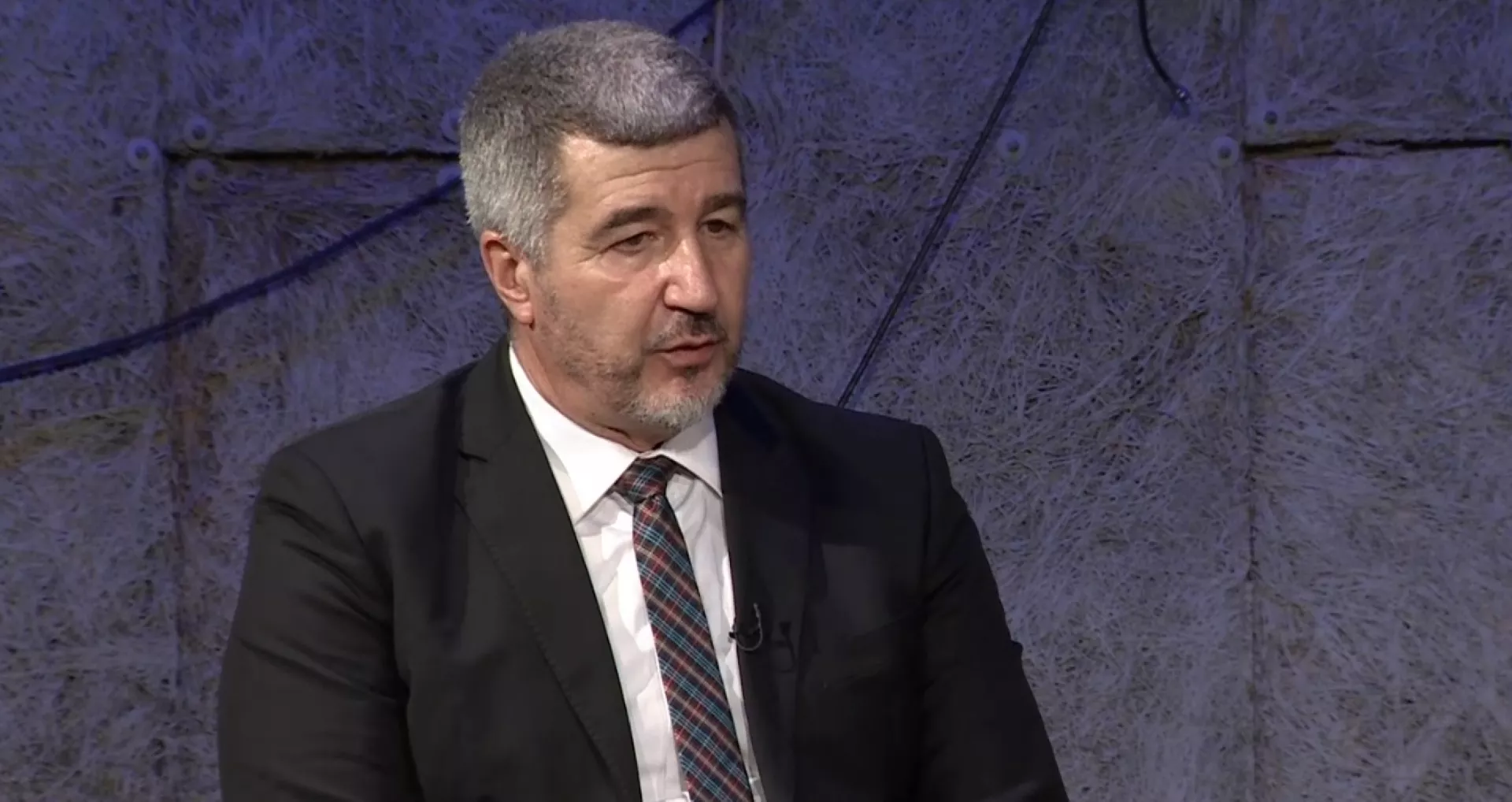
Karamehmedović: Sutra ističe rok koji nam je dala EBU, slijedi blokada računa i mogući kraj BHRT-a
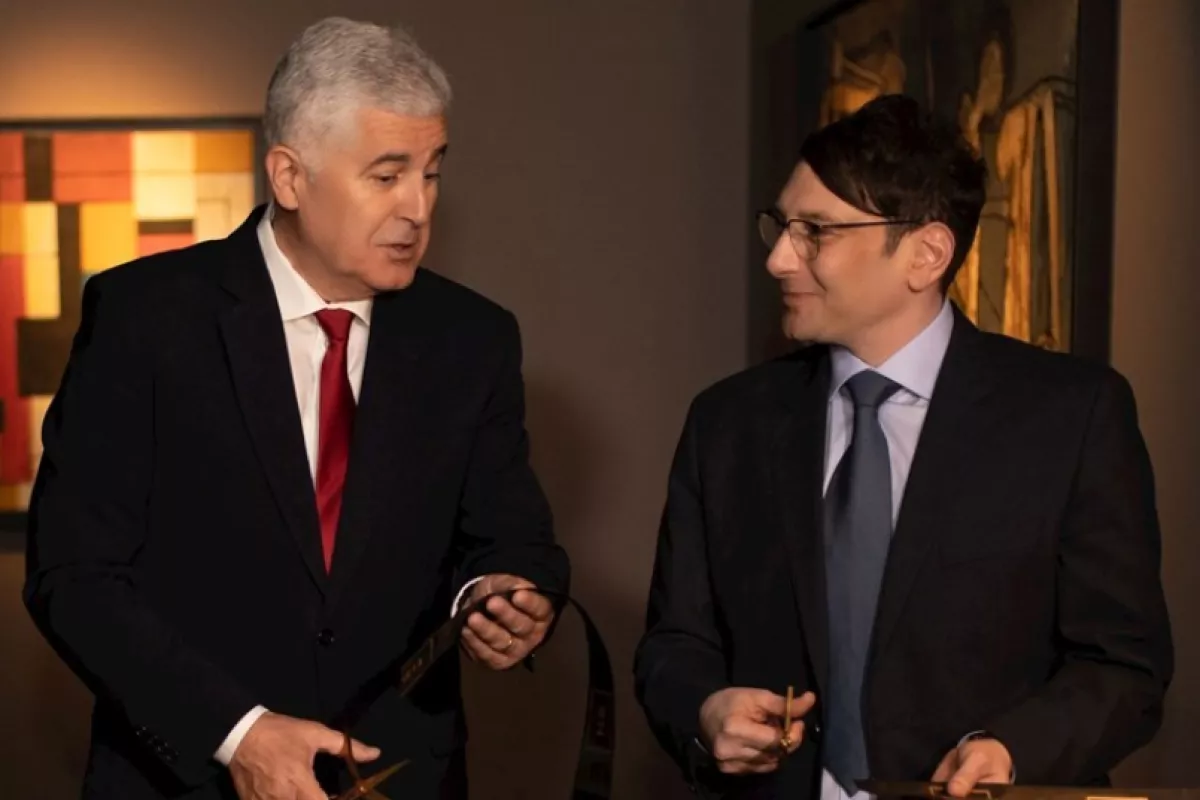
Južna interkonekcija na mrtvoj tački: Dok Kabiri obmanjuje Amerikance, predstavnici HDZ-a koče proces izgradnje
Najčitanije
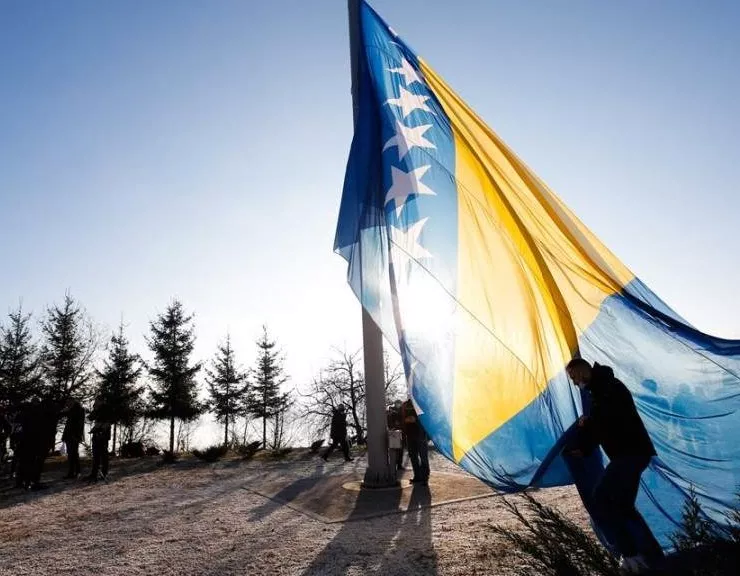
Dan nezavisnosti BiH obilježava se 1. marta i ne prenosi se, Hota-Muminović proglasila i 2. mart neradnim danom?
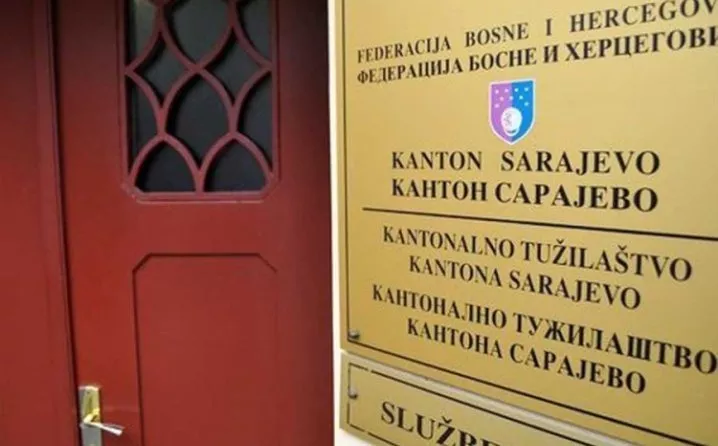
ŠTETA I UK NE ZNAJU Tužilaštvo KS neće provoditi istragu o dugu KJKP Gras zbog neplaćanja poreza i doprinosa
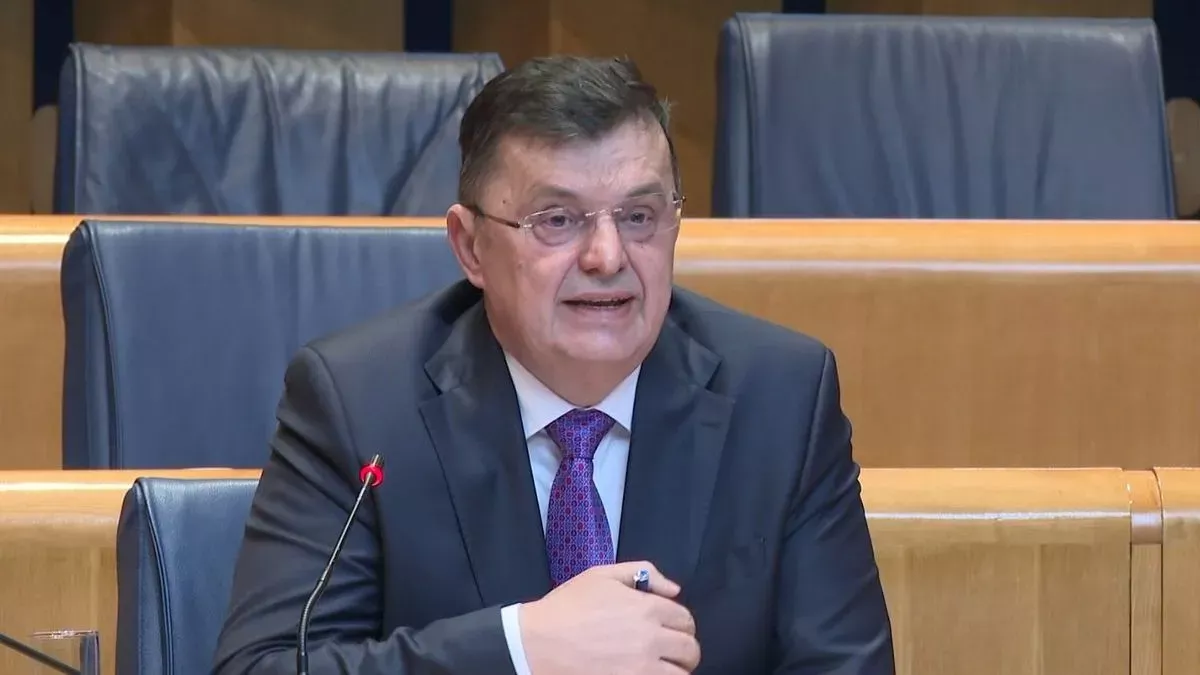
Komisiji za borbu protiv korupcije stigle prijave: Ko unaprijed gradi carinske terminale za UIO i kome se pogoduje
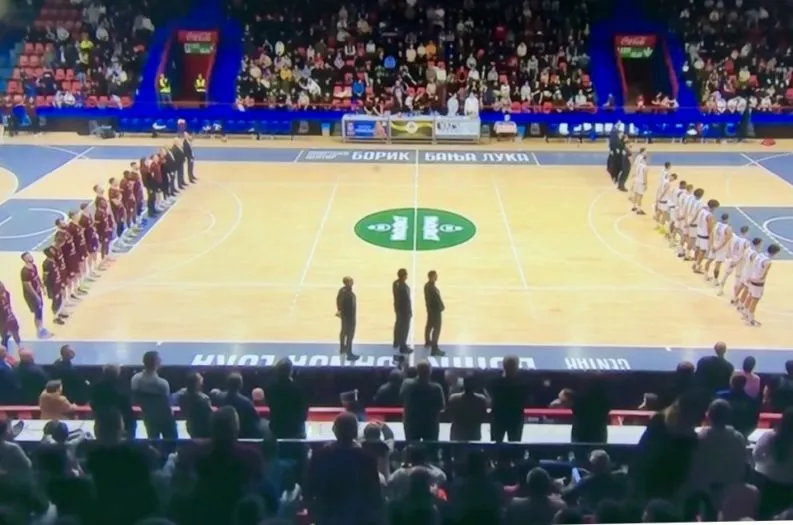
UTAKMICA BORCA I BOSNE U Banja Luci izviždana i prekinuto intoniranje himne BiH
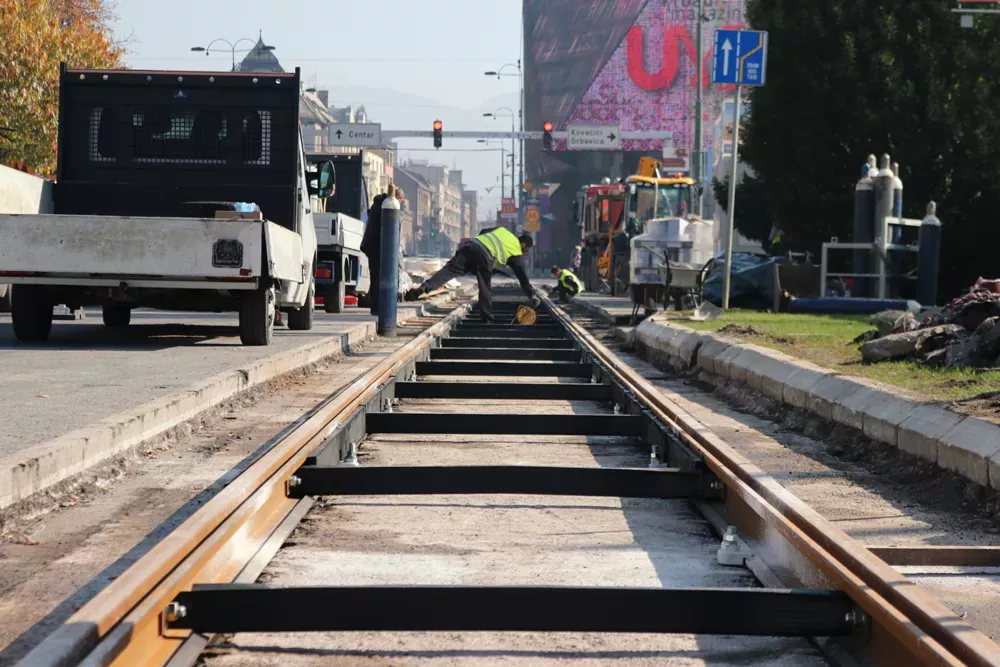
Vlada KS: Rekonstruisana tramvajska pruga ima sve upotrebne dozvole
